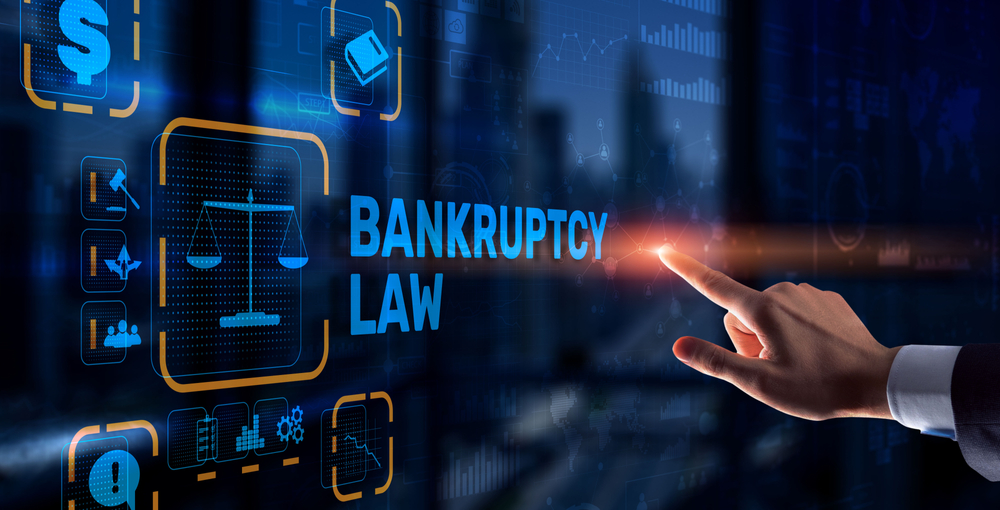
Bankruptcy allows you a fresh financial start in life. Depending on the type of bankruptcy that you file, that could be that many of your debts are wiped out completely. Regardless of the form of bankruptcy, you will get breathing room that will put you on a better financial course.
There are two different types of bankruptcy:
- Chapter 7 – this is a liquidation that will eliminate most debts completely
- Chapter 13 – this is a restructuring that requires debts to be paid back on a longer schedule that gives you more time
The Differences Between Chapter 7 and Chapter 13
Chapter 7 bankruptcy is not available to everyone. There is a means test that decides who is eligible to file. In addition, the debtor will need to surrender certain assets (some non-cash assets are exempt) that are used to pay back the creditors. In other words, the fresh start comes at a cost, but the end result wipes out debt.
A Chapter 13 bankruptcy establishes a plan for the filer to pay back their debt. This happens over time. Usually, this happens under an installment plan that takes three to five years. The debtor pays the trustee directly or has money taken out of their paycheck. At the conclusion of this period, some debts that are remaining can be discharged. However, the debtors will pay off a portion of these during the Chapter 13 period. If the debtors cannot make the required payments, their bankruptcy will be converted to a Chapter 7 liquidation.
Our Memphis Bankruptcy Law Firm Can Help
Find out how the bankruptcy laws can help you get out from under the mountain of debt that may be crushing you. Call the Memphis bankruptcy law firm of Hurst Law today at 901.725.1000 or contact us online to set up your free initial consultation.


